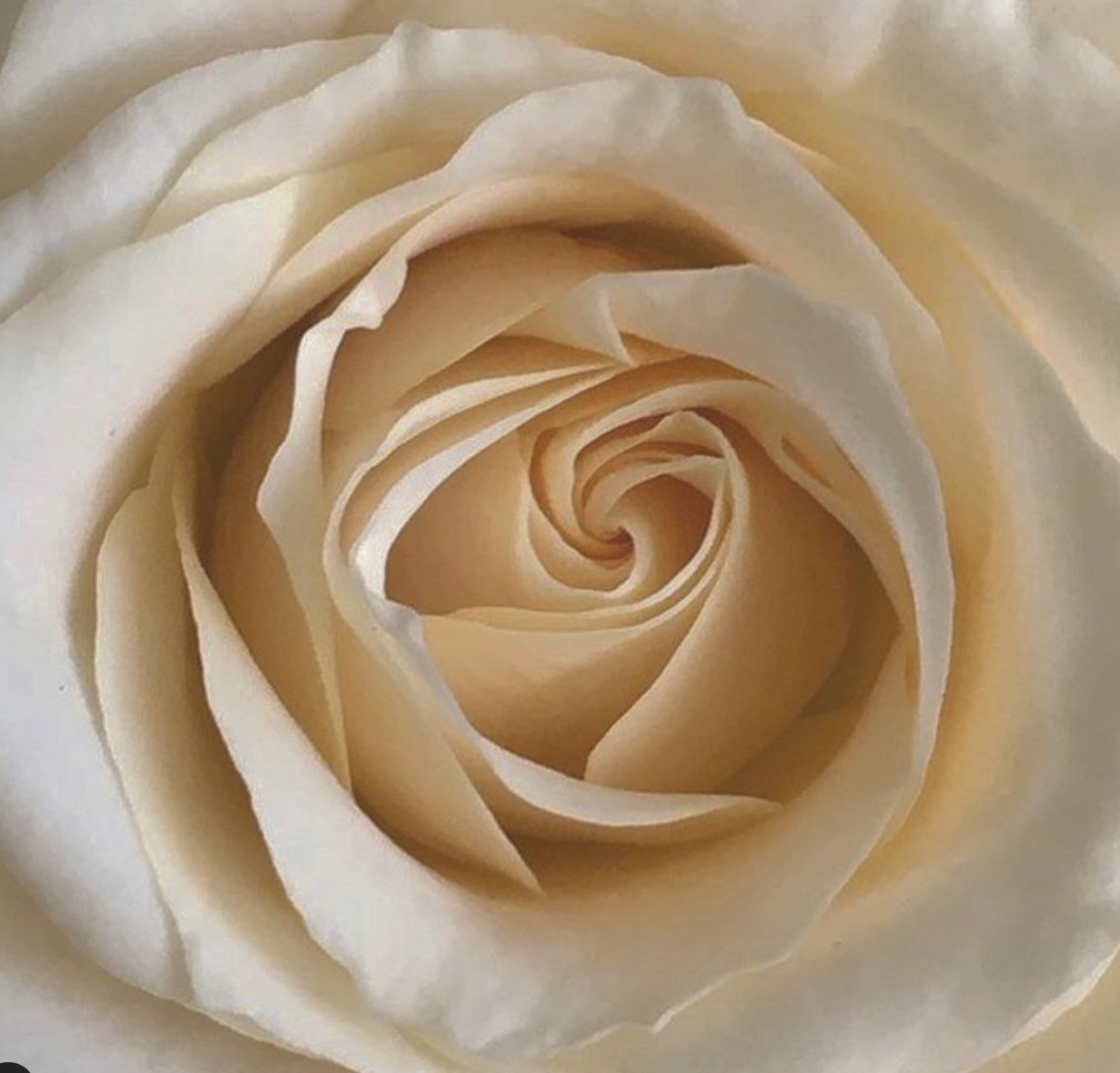Do “hacks work when it comes to love?”
There are plenty of hacks that help us in life. Trying to hack love isn’t one of them. Mindfulness is a far more powerful mindset when it comes to forging authentic connection. by Shira Myrow LMFT, psychotherapist and mindfulness educator ©2019
All of us feel besieged sometimes with the complexity of life and the demands for our time and attention. Looking for hacks that can save us time can create more space for the things that matter. Part of the appeal of hacks is that they can help us navigate life more efficiently and strategically. But one thing it’s important not to have a hack mentality around — is paying attention to our most precious relationships, especially our primary ones. Research has shown that having strong, meaningful relationships are central to the satisfaction we feel in life.
Why wouldn’t we use the same mentality to improve our relationships? Because there aren’t really short cuts to creating intimacy or for creating meaning. Think about all the great dating and romance advice online from love experts or the thousands of inspirational quotes circulating on Instagram—from poets and philosophers to life coaches—meant to inspire you for the day. As compelling and valuable as the advice is, why doesn’t it stick?
Part of it has to do with the sheer saturation of information we’re exposed to on a daily basis. But the other piece is how we integrate what we’re reading. What is the quality of our attention we’re bringing towards the imperative to improve our intimate relationships? If we’re unconsciously spending more of our attention complaining, avoiding or even distracting ourselves, those intentions to improve won’t have any staying power.
This is where mindfulness can make a profound difference. Mindfulness practice enables us to witness our thoughts, emotions and sensations—from a non-judgmental position—without getting overly-emotionally attached to our experience. Creating a practice of compassionate awareness gives us the capacity to hold thoughts and feelings in a different way, in a gentler way. Why does that matter?
Often times when we are triggered by our loved one, we mistake an emotional experience that we’re having in the moment as an objective truth.
Mindfulness can give us the breathing space to push the “pause” button on our emotional reactivity, that’s fueled by our amygdala (the reptilian brain) that wants to go in to a fight, flight or freeze response. If we can take a moment and consider what’s happening from a compassionate position, we can learn to become more responsive to our partners as opposed to lash out in emotional reactivity.
Let’s say your partner texts you to say they have to stay late at work and the dinner you had to shop at three stores to make is sitting on the table and getting cold— you might feel a flood of negative thoughts and emotions around why you’re not a priority in the relationship. With mindful awareness, you can gently allow for whatever is arising in your experience—-take a few moments to breathe, and then figure out how you can consciously respond. Here is how the process of inquiry might unfold:
-How can you compassionately take care of yourself and self soothe in the moment?
-How can you accept what is happening without a negative attribution of meaning to your partner?
-Can you acknowledge and communicate your disappointment?
-Can you honor and share your intention to create a ritual of connection and meaning even if it didn’t go the way you planned?
No “hack” here can successfully supplant this intricate process of sorting through your emotions. The truth is, successful relationships not only require good intentions and commitment, but they involve a process. Like anything else that is worthwhile, the process boils down to a daily practice— sustaining intimacy with rituals of connection, staying open and curious about your partner’s inner world, repairing and building trust after ruptures, but most importantly it is the quality of attention you bring to the practice of attuning with your partner. It is your presence, not the volume of time you put in.
There’s an old zen truism that says: “Before enlightenment, chopping wood and carrying water. After enlightenment, chopping wood and carrying water, only it feels different.”
It is the presence and attention you bring to even the smallest, daily things—like bringing your partner a cup of coffee in the morning that have the capacity to imbue it with meaning or not. That’s how rituals either stay alive or become empty gestures over time. Bringing mindful awareness to your relationship can foster and even illuminate the attention, authentic presence and attunement that makes love feel like a dynamic and truly meaningful practice.

